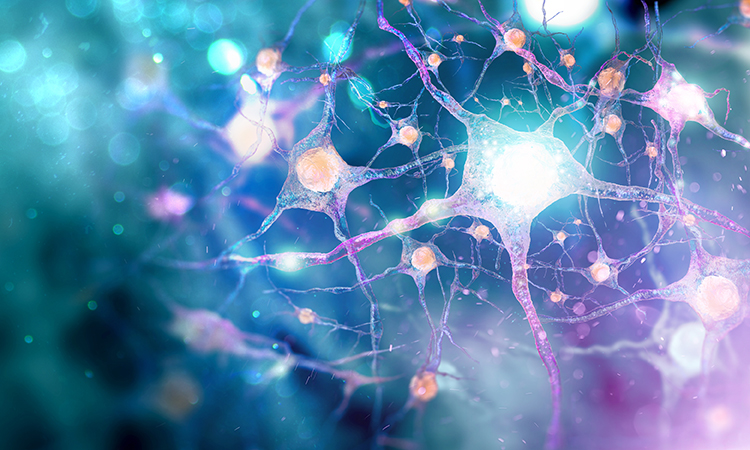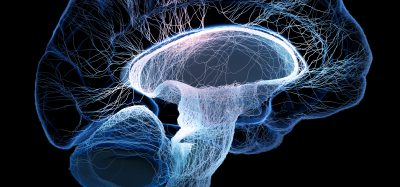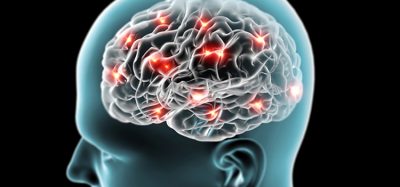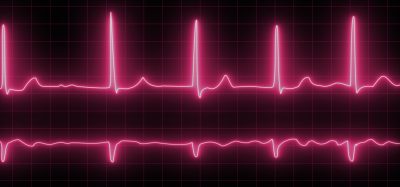Neurodevelopmental defects seen in mini-brains with ANG mutation
Posted: 9 January 2024 | Drug Target Review | No comments yet
Researchers found that ANG in its mutated form slows stem cell differentiation, resulting in neurodevelopmental defects in adult nerve cells.


Researchers from the University of Bath have discovered a gene that is linked to some forms of dementia and other age-related diseases. This promises the opportunity for treatment against these diseases before the onset of symptoms.
The gene, named Angiogenin or ANG, is associated with multiple neurodegenerative diseases commonly associated with old age, including frontotemporal dementia (FTD), motor neurone disease (MND) and Parkinson’s disease (PD).
The scientists found that ANG, in its healthy state, has a significant role in the pace at which undifferentiated stem cells develop into specialised nerve cells.
ANG, in its mutated form, causes stem cells to stay in their original state longer than they should. Observations from lab experiments showed that this slowing down of the differentiation process resulted in neurodevelopmental defects in nerve cells once they had reached their adult form.
Dr Vasanta Subramanian, who led the research from the Department of Life Sciences, said: “This suggests nerve-cell degeneration may be primed by defects occurring during early development.”
The same research group found in their earlier work that that ANG, in its healthy form, protects nerve cells against damage, degeneration and impairment of function. The mutated form causes nerve cells to be more susceptible to stress, a natural occurrence as cells age and experience wear and tear, leading to premature cell death.
Mini-brains
In the new study, the scientists studied a family affected by both frontotemporal dementia and motor neurone disease. Genetic tests showed that some family members had mutations in Angiogenin while others did not.
‘Mini-brains’, a tiny three-dimensional (3D) structure grown from human stem cells, were produced in the lab for all family members. These provided the researchers with a realistic model to study the disease development, and an ideal structure on which to screen drugs.
Striking neurodevelopmental defects were seen in the mini-brains of family members carrying the ANG mutation. Dr Subramanian stated: “This seems to indicate that subtle development defects play a role in disease susceptibility or onset.”
Although more research is required to understand the mechanisms by which ANG acts to protect cells and understand its function in stem cells, Dr Subramanian added: “I envisage a time when we will be identifying people who are susceptible to these diseases, screening them for genetic mutations and offering early-intervention gene therapy to fix the defects.”
This study was published in Journal of Pathology.
Related topics
Genetic Analysis, Neurons, Neurosciences, Organoids, Stem Cells
Related conditions
frontotemporal dementia (FTD), Motor neurone disease (MND), Parkinson's disease (PD)
Related organisations
University of Bath
Related people
Dr Vasanta Subramanian (University of Bath)








